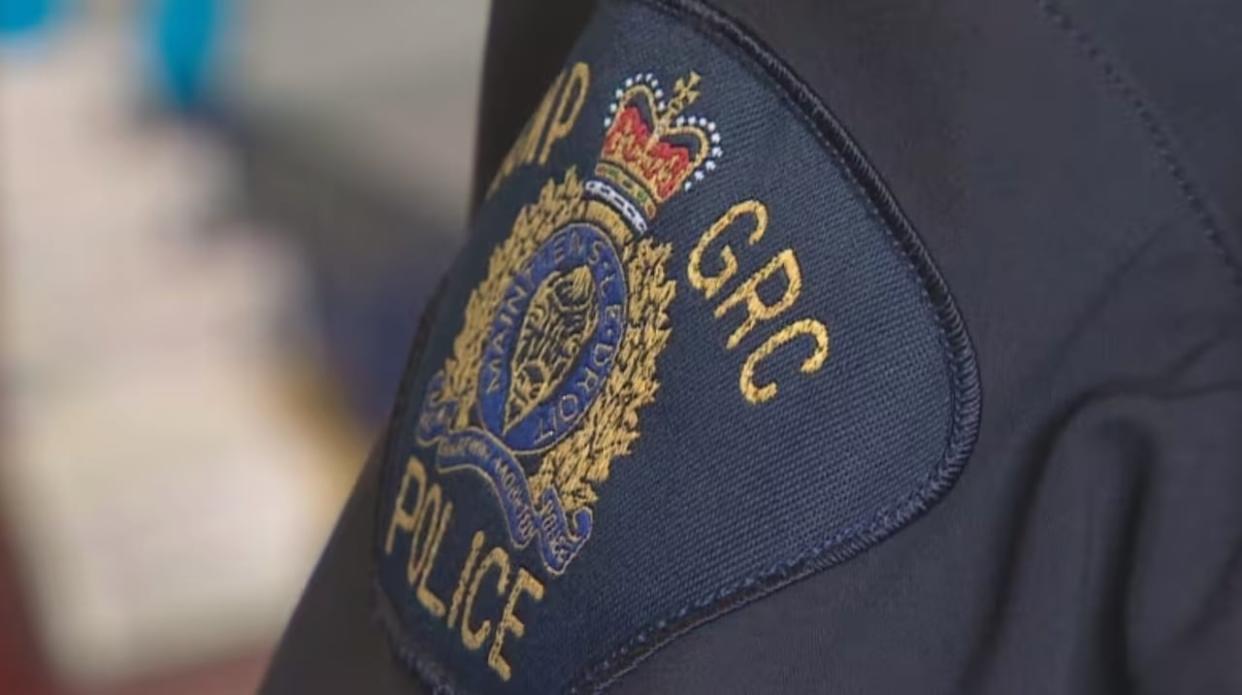'Reckless' RCMP conduct led to drug-charge acquittal, judge says

It was a traffic stop that ended in the seizure of meth, fentanyl and cocaine.
But a woman from Williams Lake, B.C., was acquitted of consequent trafficking charges after a judge ordered the evidence to be excluded from her trial, citing several breaches of her Charter rights related to a search of her vehicle and failure to get her timely access to a lawyer.
"After consideration of the reckless and cavalier conduct of police and the multiple breaches of the Charter, I am of the view that the admission into trial of the evidence obtained as a result of these breaches would bring the administration of justice into disrepute," wrote B.C. Supreme Court Justice Marguerite Church in a decision made public this week.
The lawyer for Janine Alphonse, who was facing three counts of possession of controlled substances for the purposes of trafficking, told CBC News on Thursday his client is relieved about the decision.
"She definitely felt vindicated," Daniel McNamee said.

Williams Lake is a small municipality in the northern Interior of B.C. with a population of about 10,000. (Simon Charland/CBC)
Traffic stop led to vehicle search
Church handed down her decision in the fall, but it was only made public Tuesday.
The case dates back to fall 2021, when police conducted a traffic stop and a search of Alphonse's vehicle in Williams Lake, a city in B.C.'s central Interior.
The year prior, Alphonse had been sentenced to two years' probation, including a six month-curfew, in relation to a cocaine-trafficking operation that saw a B.C.-wide warrant issued for her and several other suspects.
In October 2021, an RCMP constable who recognized Alphonse from previous interactions and identified her as a "prolific offender," saw a "prohibited driver operating her distinctive‑looking truck," Church said, citing testimony from the constable at a hearing last July to determine whether the evidence against Alphonse was admissible.
Officers came up with a plan to observe the vehicle and to "perform a traffic stop in the hopes of apprehending the prohibited driver," wrote Church.
They monitored the vehicle for about an hour at two residences before pulling it over, the judge said.
Alphonse had been driving to the hospital to get medical treatment, court heard.
After checking Alphonse's identification, an officer determined she was in violation of her curfew and arrested her for that offence, along with the passenger, Church said.
The constable, who wasn't the arresting officer, then saw a purse in the truck that he believed belonged to Alphonse. He agreed in the hearing that Alphonse didn't ask him to get the purse but said he wanted Alphonse to have it with her in the hospital, according to the court judgment.

Justice Marguerite Church says Janine Alphonse's Charter rights were breached multiple times. (Andrew Lee/CBC)
While getting the purse, the officer said he saw a fanny pack on the floor and saw a vial that he suspected had controlled substances, as well as cash, according to Church.
An officer drove Alphonse to the hospital while the constable stayed at the scene and conducted a "thorough search" of the vehicle along with another officer, the judge said.
Officers found cocaine, meth and fentanyl, according to the judgment. No specific amount was given, but Alphonse's lawyer said it was "alleged to be trafficking amounts."
Alphonse's lawyer argued the searches were unreasonable because they weren't related to her arrest. Church agreed, saying it was difficult not to suspect that the constable's decision to get the purse "was not entirely for the benevolent purpose of assisting Ms. Alphonse."
Church said the constable agreed with the suggestion that the traffic stop was something of a "sting operation" during his testimony.
Williams Lake RCMP declined an interview request by CBC News, saying it wouldn't comment on a court decision.
No lawyer for over 13 hours
Alphonse immediately asked for a lawyer after she was arrested but wasn't able to speak with one for more than 13 hours, according to the court judgment.
"In my view, such failure, even where police officers refrained from questioning Ms. Alphonse, is serious and a significant departure from Charter standards," Church said.
The judge said no evidence was presented to explain the delay.
Church said section 10(a) and 10(b) of Alphonse's Charter rights were infringed, because officers failed to advise her of her change in jeopardy and failed to give her access to counsel without delay. The judge also found that Alphonse's Section 8 Charter right was also violated because of the search of her vehicle.

Alphonse immediately asked for a lawyer after she was arrested but wasn’t able to speak with one for more than 13 hours, according to the court judgment. (Jeff Stapleton/CBC)
"People struggle with the issue of somebody accused of drug trafficking just going free because of some technicalities. In a sense, that's what's happened. But in a sense, no, these are not just technicalities," McNamee said.
"This is why we have a society where there's rules, and the police have to follow them."
Alphonse is facing drug-trafficking charges related to a separate incident, with a trial set for May. She has pleaded not guilty.


